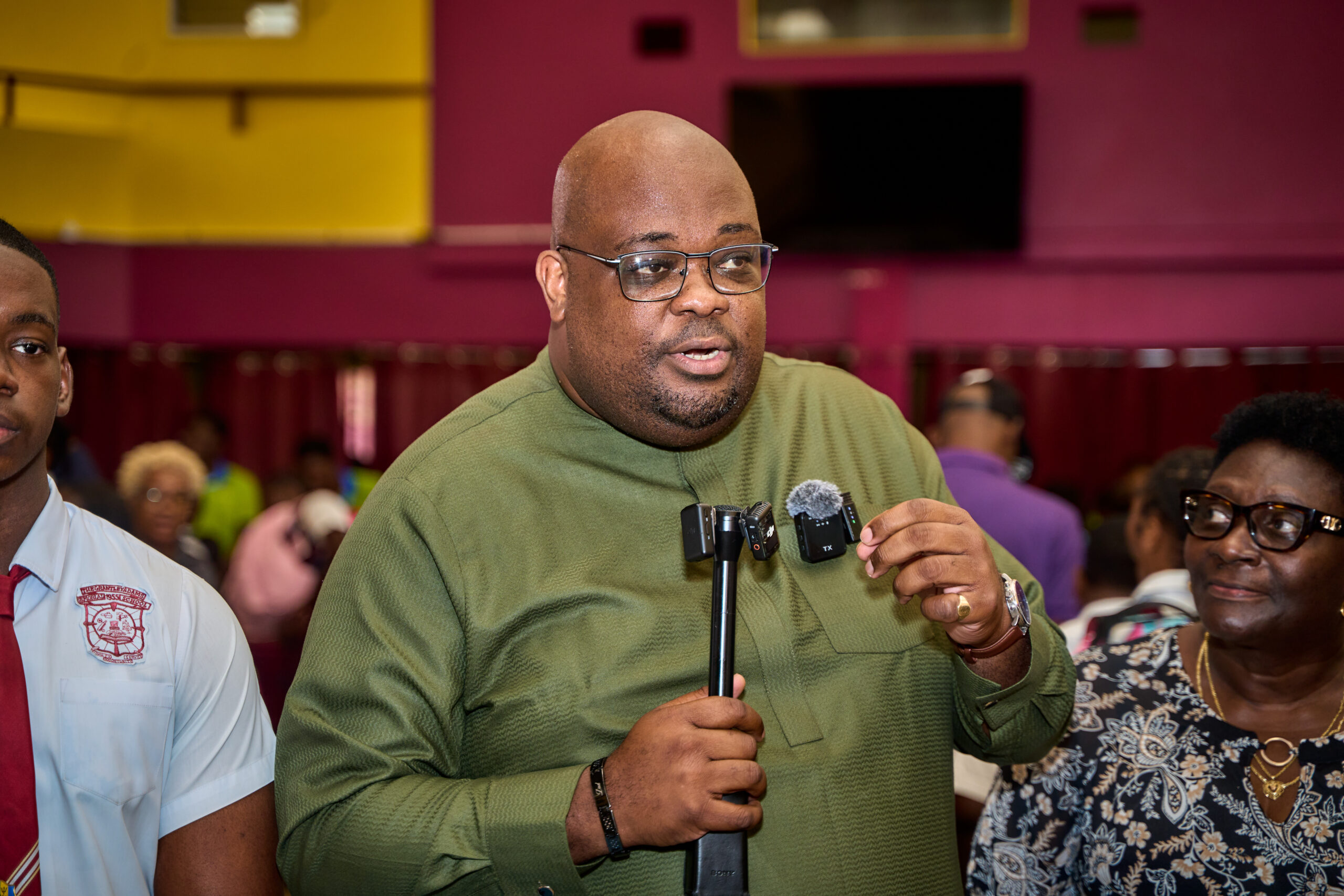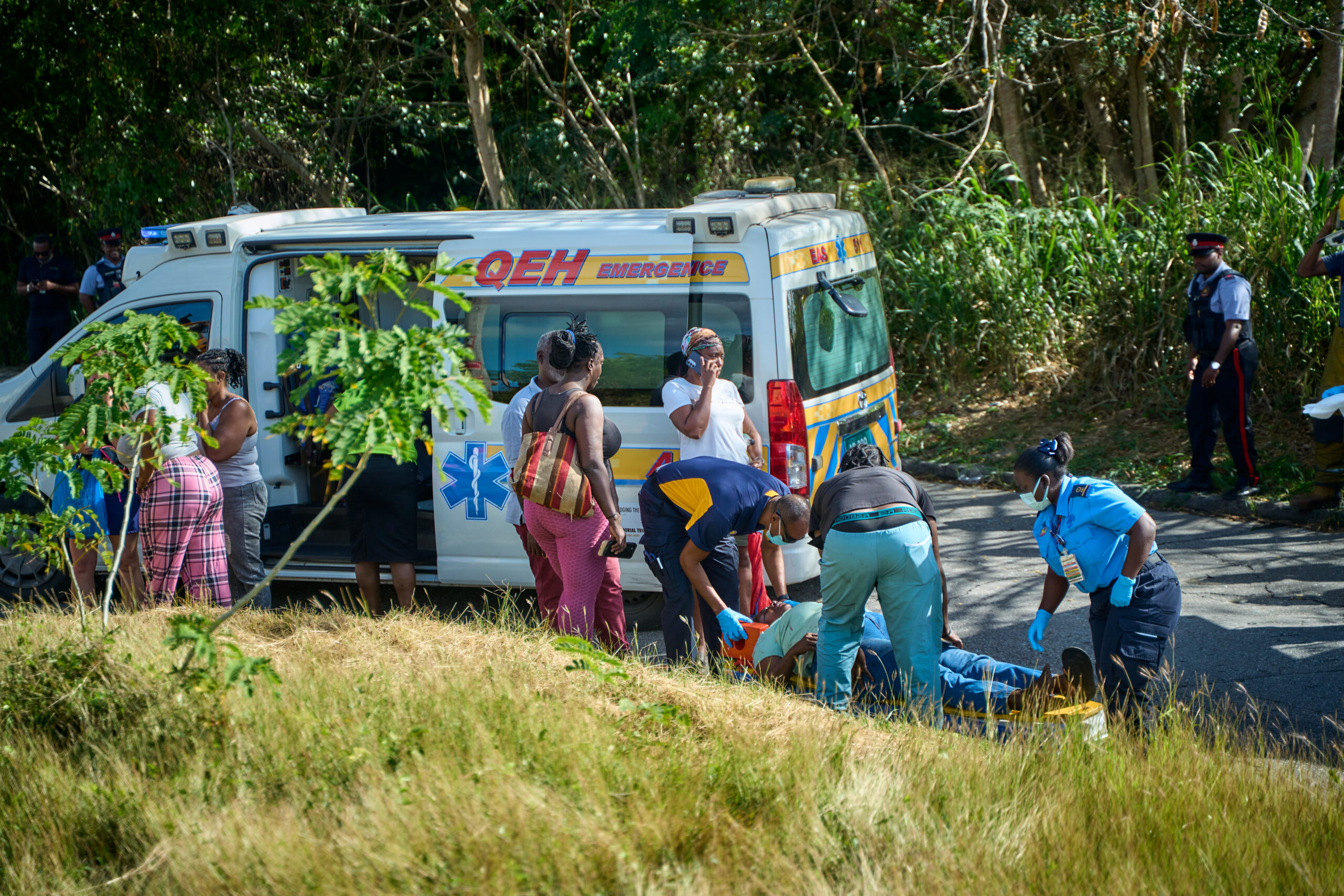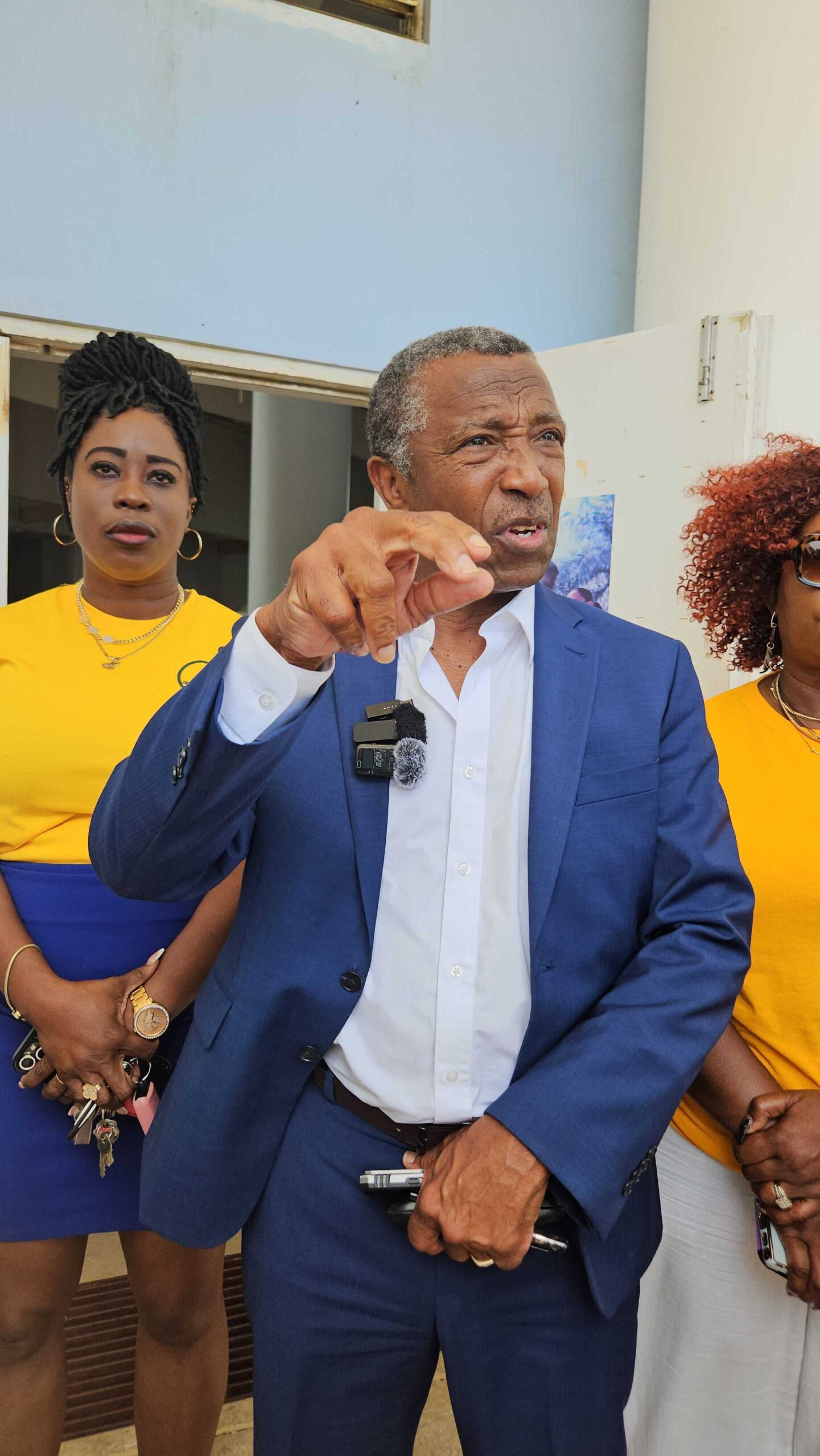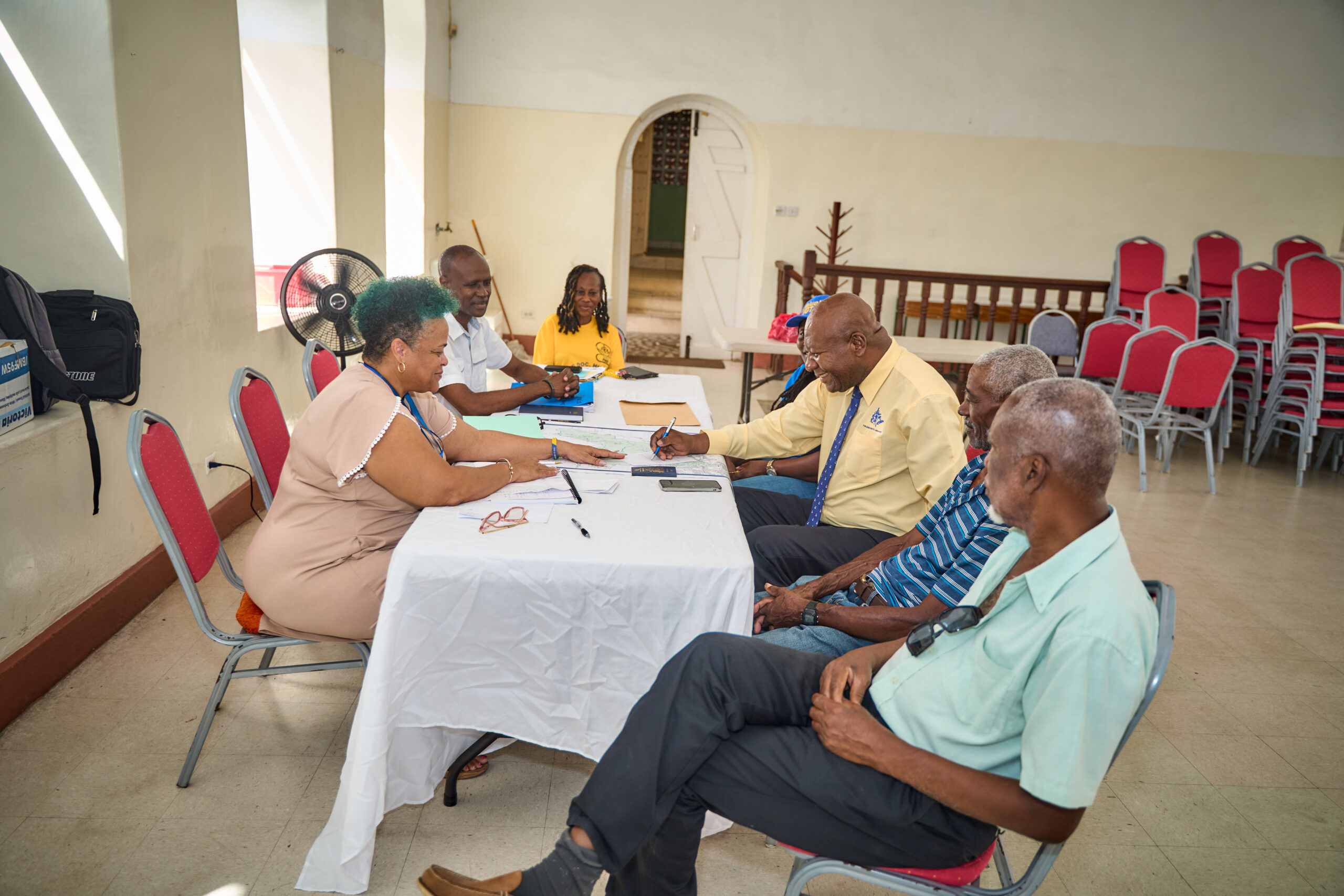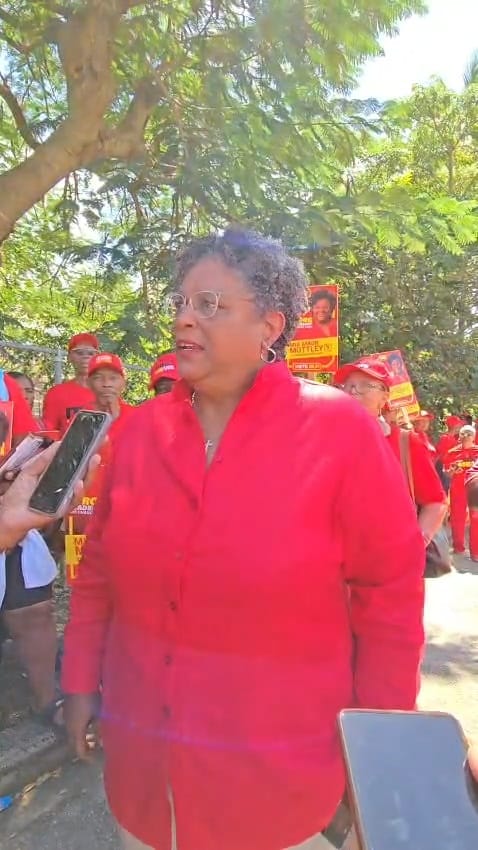Following a morning collision in St. Thomas involving schoolchildren, former Education Minister Chad Blackman has issued a strong call for enhanced enforcement of road traffic regulations and increased accountability for student transportation providers. The incident, which occurred around 8:30 a.m. on Tuesday, prompted emergency response from Barbados Fire Service crews to a two-vehicle collision with multiple occupants, including students en route to school.
Authorities confirmed that while injuries were sustained, none were life-threatening, with several individuals receiving assessment and treatment directly at the scene. Investigations into the precise circumstances of the crash remain ongoing by police.
Blackman emphasized that entities responsible for transporting students bear not merely moral but legal obligations to ensure safety standards. ‘Public service vehicles and all organizations transporting our students have a duty by law to operate in a manner that does not compromise the safety of our children or any road user,’ he stated.
Fire officials disclosed that one vehicle was operated by a 16-year-old driver with a 13-year-old passenger. Police reports indicated that two students from a public service vehicle and two from the other vehicle were among those injured.
The former minister identified enforcement as the pivotal element in preventing recurrences, asserting that existing legislation already provides adequate measures against road deviance and poor driving practices. ‘The law books are clear regarding how we address misconduct on the roads. What must happen now is enforcement,’ Blackman reiterated.
He further revealed that the Ministry of Education would strengthen collaboration with the Ministry of Transport and Works and the Barbados Police Service to ensure strict adherence to student transportation regulations. Blackman added that demonstrating consequences for those who disregard the law is essential, stating that ‘rule of law and order must be paramount in all of this.’
In response to the accident, the Ministry of Educational Transformation deployed secondary school officers to support affected students. The ministry maintains communication with police and will continue monitoring the injured students’ conditions while providing necessary assistance. Police investigations continue to determine the full details surrounding the collision.
